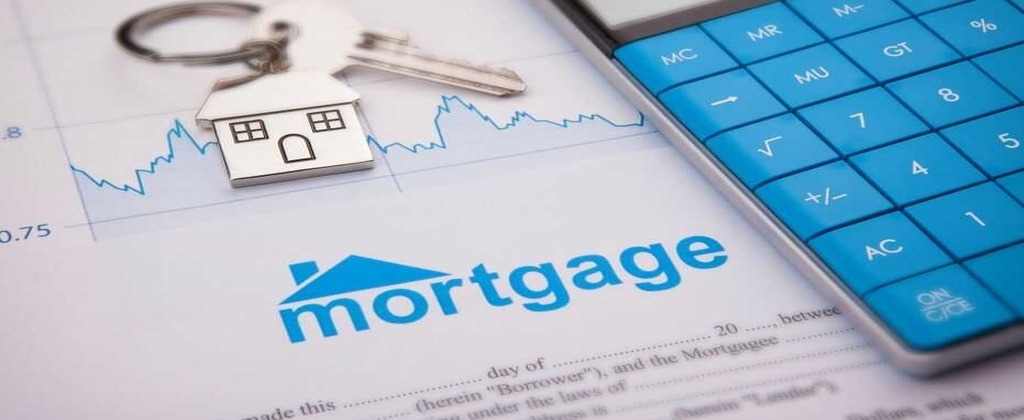A legal mortgage is a type of mortgage that involves the transfer of an interest in land as security for a debt. In Nigeria, legal mortgages are regulated by the Land Use Act of 1978 and the various state laws that govern land transactions. In this blog, we will explore legal mortgages in Nigeria, including their requirements, benefits, and legal implications.
Requirements for Legal Mortgages in Nigeria
To create a legal mortgage in Nigeria, the following requirements must be met:
- A valid agreement between the borrower and the lender must be established.
- The mortgagor must have a valid title to the property being offered as security.
- The mortgage deed must be registered at the land registry where the property is situated.
- The property must be adequately described in the mortgage deed.
Benefits of Legal Mortgages in Nigeria
Legal mortgages provide several benefits to both the borrower and the lender. These benefits include:
- Access to Credit: Legal mortgages provide borrowers with access to credit that can be used for various purposes, such as financing a business or buying a property.
- Low-Interest Rates: Mortgages generally offer lower interest rates than other forms of credit, making them a cost-effective way to borrow money.
- Property Ownership: Borrowers retain ownership of the property while repaying the loan, allowing them to continue using the property as collateral for other loans.
- Security: Lenders are assured that their loans are secured by a valuable asset, which reduces their risk of default.
Legal Implications of Mortgages in Nigeria
Legal mortgages have several legal implications in Nigeria, including:
- Foreclosure: If the borrower defaults on the mortgage, the lender can initiate foreclosure proceedings to recover the debt owed. Foreclosure can be a lengthy and costly process, but it is the legal means for the lender to recover the debt owed.
- Sale of the Property: If foreclosure proceedings are initiated, the property may be sold to repay the debt owed to the lender.
- Prioritization: In the event of multiple legal mortgages on a property, priority is given to the first mortgage registered at the land registry. This means that if the property is sold to repay a debt, the first mortgage will be paid before subsequent mortgages.
- Transfer of Ownership: If the property is sold to a new owner, the mortgage will be transferred to the new owner, and the new owner will assume responsibility for repaying the mortgage.
Conclusion
Legal mortgages are a valuable tool for accessing credit in Nigeria. They provide borrowers with low-interest rates, access to credit, and property ownership while repaying the loan. However, legal mortgages also have legal implications, including foreclosure, prioritization, and transfer of ownership. Therefore, it is important to fully understand the requirements and legal implications of legal mortgages before entering into one.

































